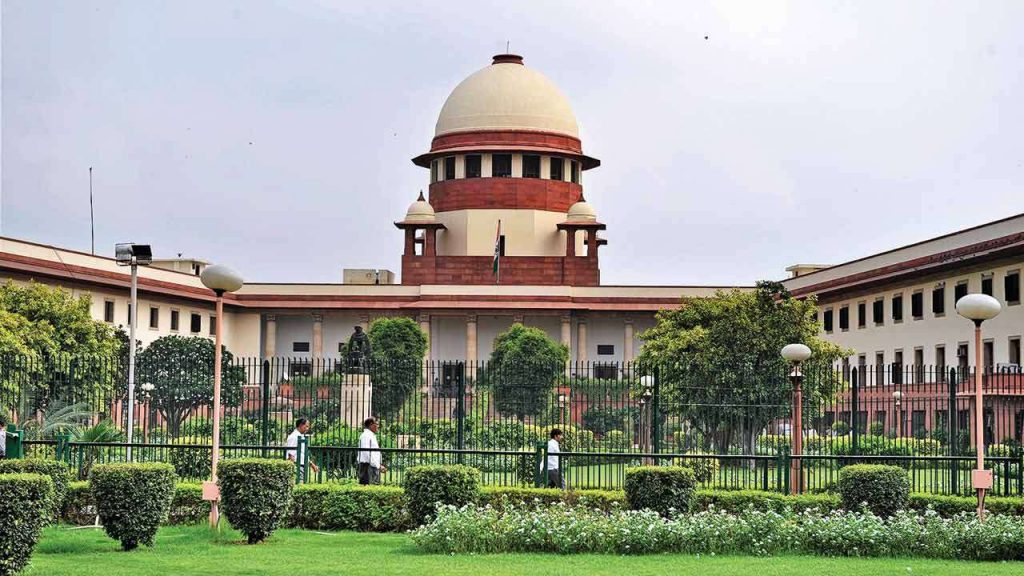New Delhi: The Supreme Court has completed hearing the arguments of the Hindu parties in the Ayodhya title dispute, the 70-year-old litigation for ownership of the 2.77-acre Ram Janmabhoomi-Babri Masjid land.
During the daily hearings in the case over the past 16 days, the Hindu groups toiled hard to building a robust case in their favour, though frictions emerged, but the queries of the judges on the Constitution bench, gave them a handle to stay the course.
The overarching framework of their arguments included — the origin and essence of Hindu beliefs, archaeological evidence claiming the mosque was built on the ruins of Hindu temple and absence of historical evidence establishing the existence of Babri Masjid.
Senior advocate C.S. Vaidyanathan challenged the Allahabad High Court judgement, which gave one-third portion of the disputed site to Muslims, and said the deity and his birthplace cannot be partitioned. “A Hindu temple and mosque cannot co-exist,” Vaidyanathan categorically told the apex court.
Appearing for the Akhil Bharatiya Sri Ram Janmabhoomi Punarutthan Samiti, senior advocate P.N. Mishra, on the penultimate day of the hearing, argued that it was a ‘myth’ that the mosque at the disputed site was built on the orders of Mughal emperor Babur.
The structure was not built as per the Islamic law, and ‘Baburnama’, the memoir of Babur, does not document either destruction of a temple or construction of a mosque in Ayodhya by Mir Baki, the emperor’s commander whom Mishra referred to as a ‘fictitious historical figure’.
There was also a conflict after the Nirmohi Akhara asked the apex court to reject the lawsuit filed by Ram Lalla Virajman (the deity and his birthplace) and give it the disputed land in Ayodhya as it was the sole devotee of the deity.
Akhara’s counsel claimed it was the only friend of Ram Lalla, and since the deity was a minor, the Akhara had the right to represent him in the lawsuit.
The court took exception to the Akhara’s argument and said: “When you seek dismissal of the suit of your own deity, then you are seeking a right against your deity.”
The matter was eventually resolved and the two parties converged on a common platform after the Nirmohi Akhara told the court that it was not opposing the lawsuit filed by Ram Lalla Virajman.
Senior advocate K. Parasaran, also appearing for Ram Lalla Virajman, asked the court to do “full and complete justice” in all matters regarding the dispute. The bench asked Parasaran whether anyone from ‘Raghuvansha’ (Lord Ram’s dynasty) still resided in Ayodhya.
This led to a slew of responses with families from across the country claiming to belong to Lord Ram’s lineage. Citing paucity of time for preparation of arguments, the counsels of the Hindu parties sought extra time from the court. The court was generous enough to allocate extra time and said it wanted to patiently hear everybody who was connected with the case .
The Muslim parties will begin their arguments in the dispute Monday.
IANS


